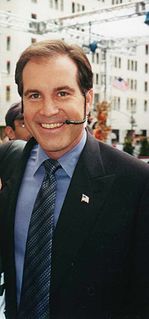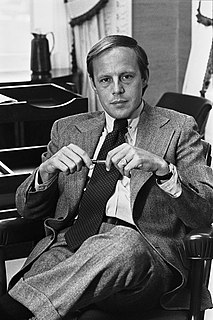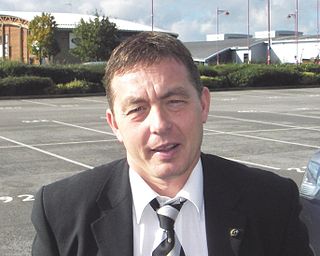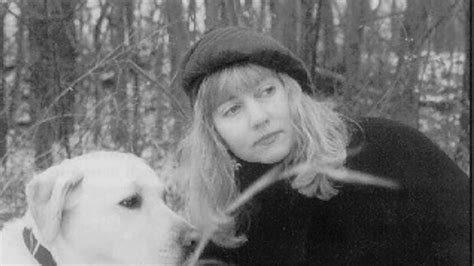A Quote by Desmond Tutu
A leader is someone you are not disappointed in placing trust in. When that person makes suggestions, you are inclined to trust [them]. Often it is people who have been there [in a similar situation to the people he or she is leading]. They would generally be people who are ready to take the risks themselves. Most leaders would be people who don't ever give commands and remain at home and let the foot soldiers be the ones who bear the brunt.
Related Quotes
You know, my father used to look at people and he treated everyone with such respect, and he always believed that he would rather trust you face on and be disappointed perhaps down the road, be disappointed some of the time rather than never to trust someone, never to believe in someone, and alas, be disappointed all the time.
My father used to look at people and he treated everyone with such respect, and he always believed that he would rather trust you face on and be disappointed perhaps down the road, be disappointed some of the time rather than never to trust someone, never to believe in someone, and alas, be disappointed all the time. There's a big difference there.
What a person feels within themselves and about themselves radiates from them. Trust me, I have worked with people - both men and women - who are not what most would consider conventionally attractive, but who exude such a magnetism about them that people are compelled to watch them on stage or screen.
Trust is perhaps the most critical single building block underlying effectiveness. Without trust leaders do not have followers. Without trust, leaders are impotent despite great rhetoric or splendid ideas. Trust rests on the belief among followers that the leader is transparent: What you see is what there is. Trust means followers believe there is no duplicity; no manipulation just to satisfy the leader's ego. Very simply: The effective leader is transparent; that's why that person is trusted.
When you coach and teach leadership, most people think about them. It's like you're the leader and how do you influence them. Clearly, leaders do take their followers, their flock, their enterprise, their business - whatever - hopefully to a better place. But I think the foundation of what makes really great leaders is they lead themselves, and they're conscious about knowing themselves and coaching and leading themselves in a very profound way. The simplest of us talk to ourselves. The question is, "Do we really lead ourselves?"
What kind of woman is still able to trust people after everything she's been through? If she'd been Vin, she would have stabbed him in the back at the first opportunity, and that would have probably been the right thing to do. Yet, this girl just continued to trust. It was like finding a beautiful plant growing alone in a field of burnt ash.
Who voted for Trump? Who are these people who, as he famously said, would let him shoot someone on Fifth Avenue and still support him? It's people who want too strong a leader, who would do what that leader tells them. Similar to the Europeans following Mussolini and Hitler. There's a streak in humanity that likes that kind of leader. That's Trump's core. Authoritarianism.
What we're trying to do in conversational intelligence is not only define that trust continuum for people, not only helping them notice, which is so important, what's happening in them and others when distrust lives, but also how to bring people in trust. When they do, what happens, this part of our brain, the prefrontal cortex is loaded with wisdom, integrity, strategy, insights, empathy, foresight. It's beautiful. It's so designed for that, and often it's turned off because people don't have trust with each other.








































